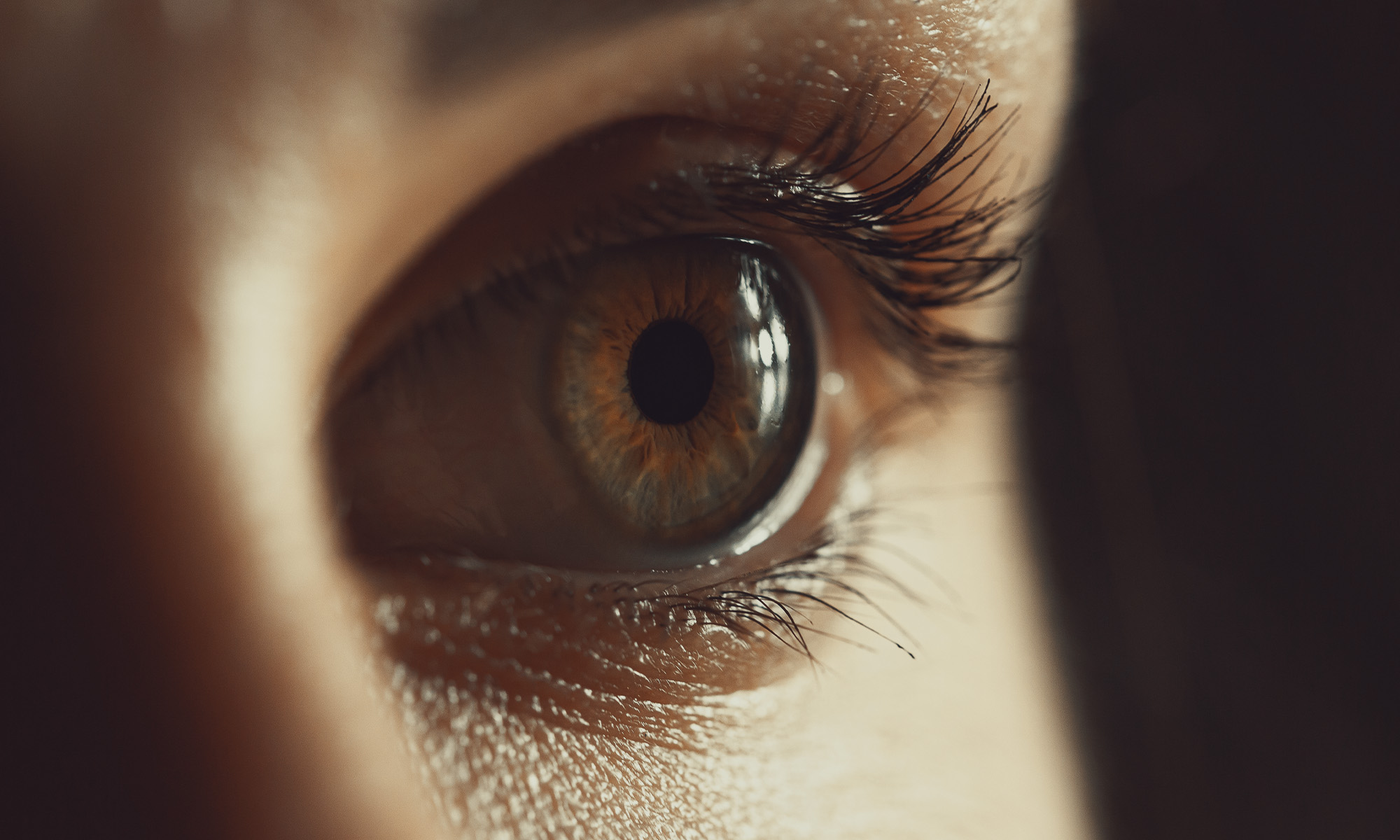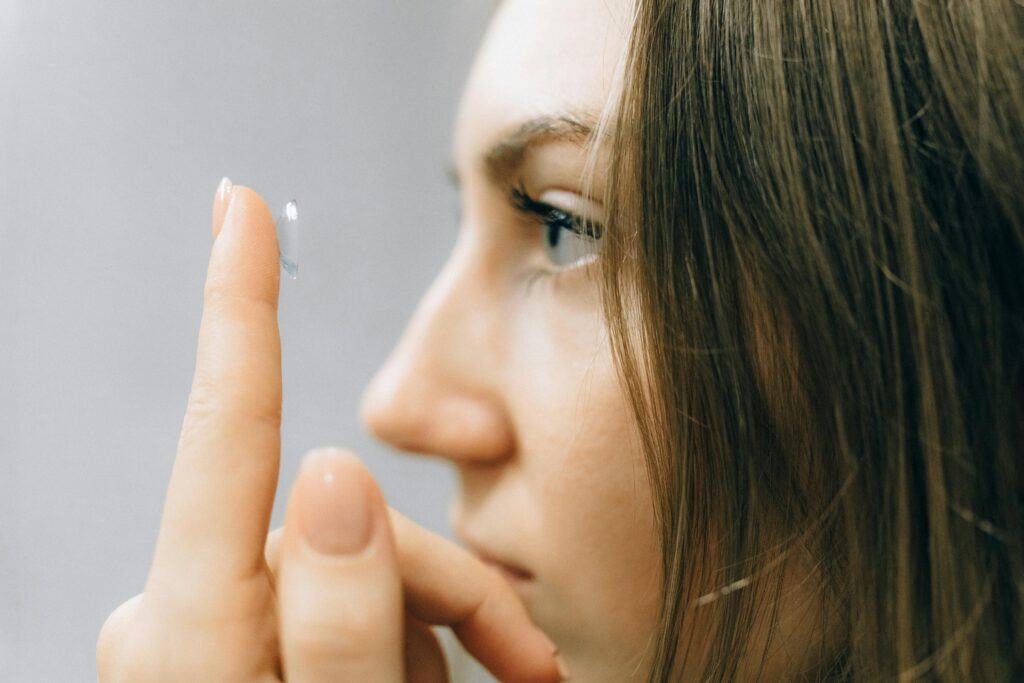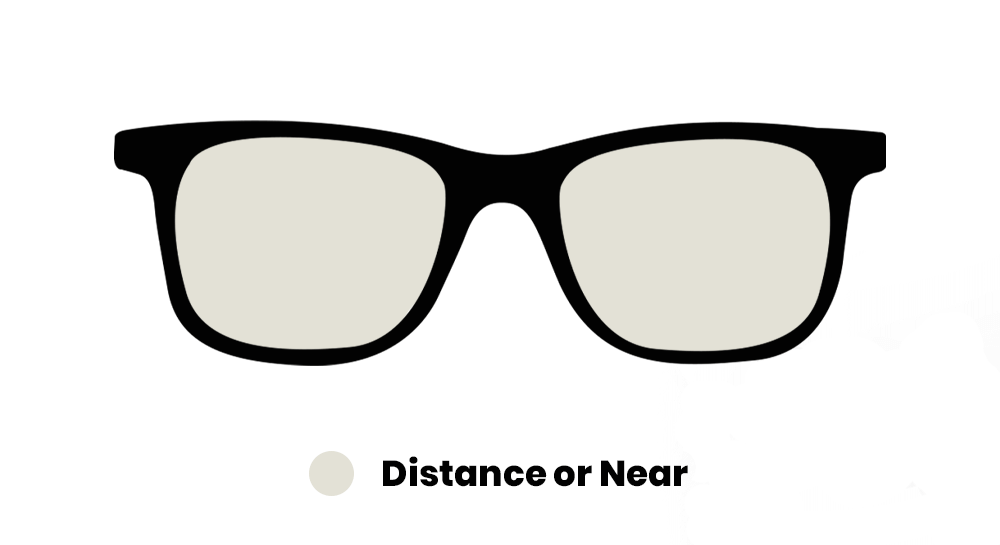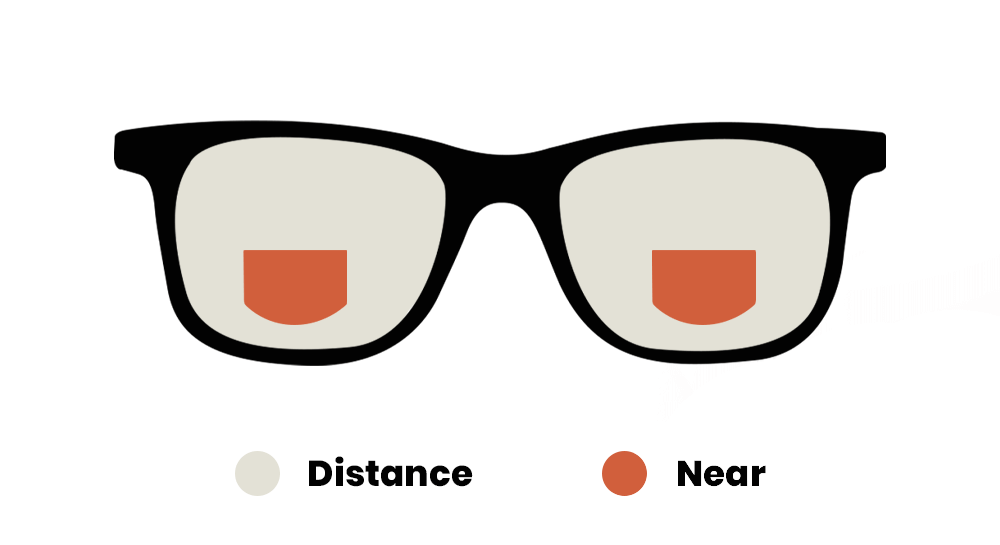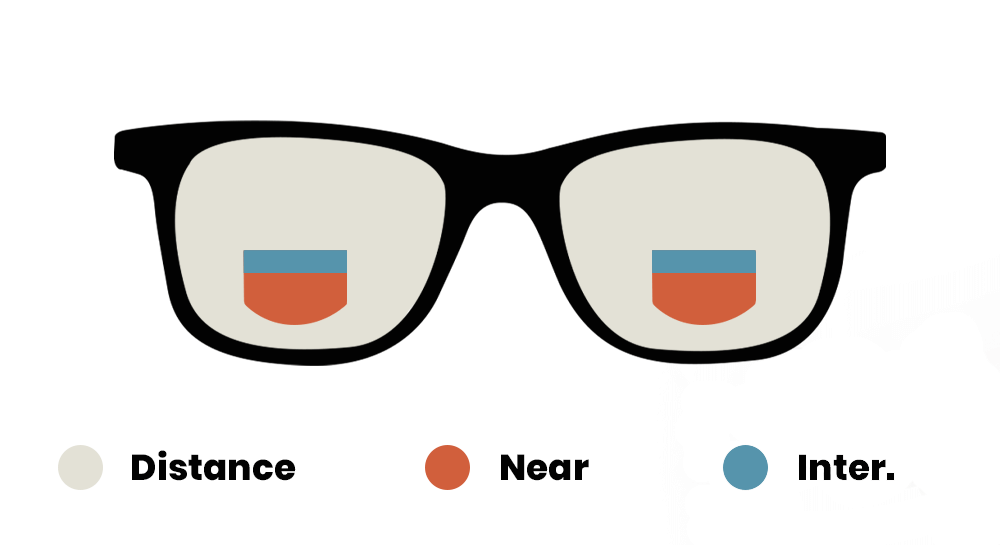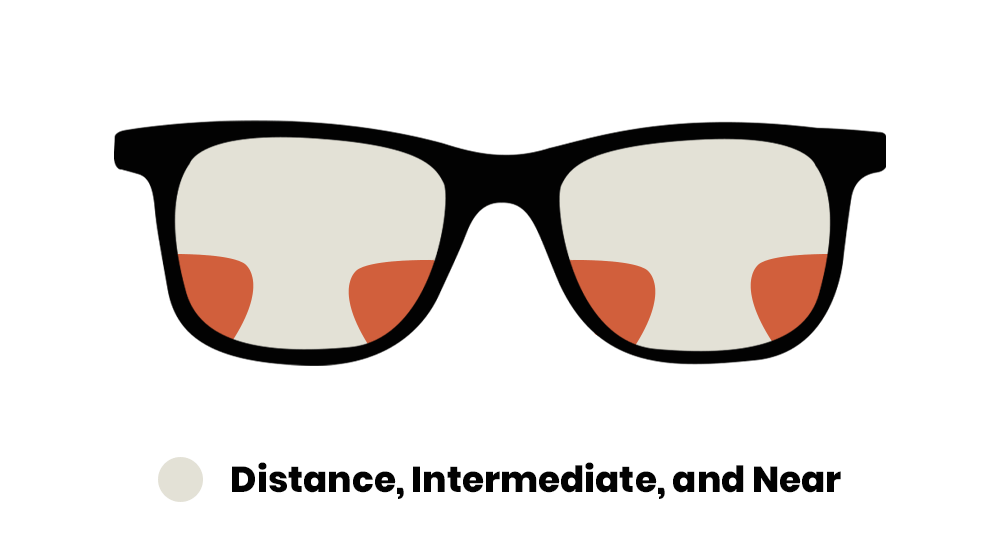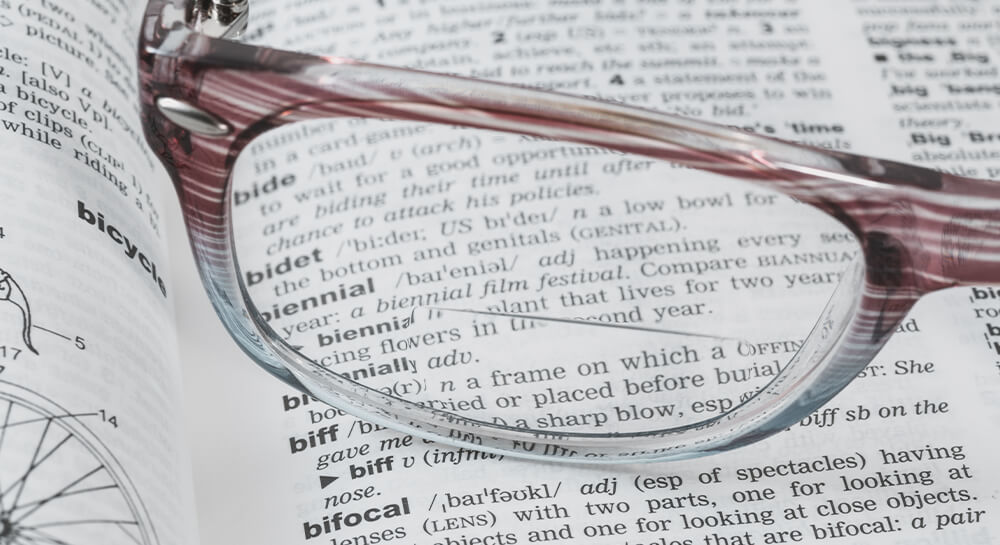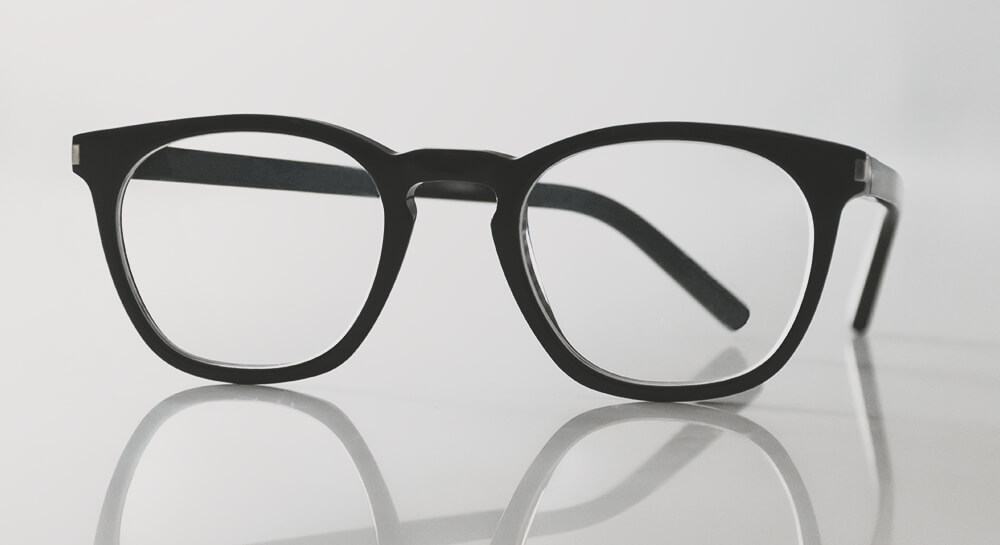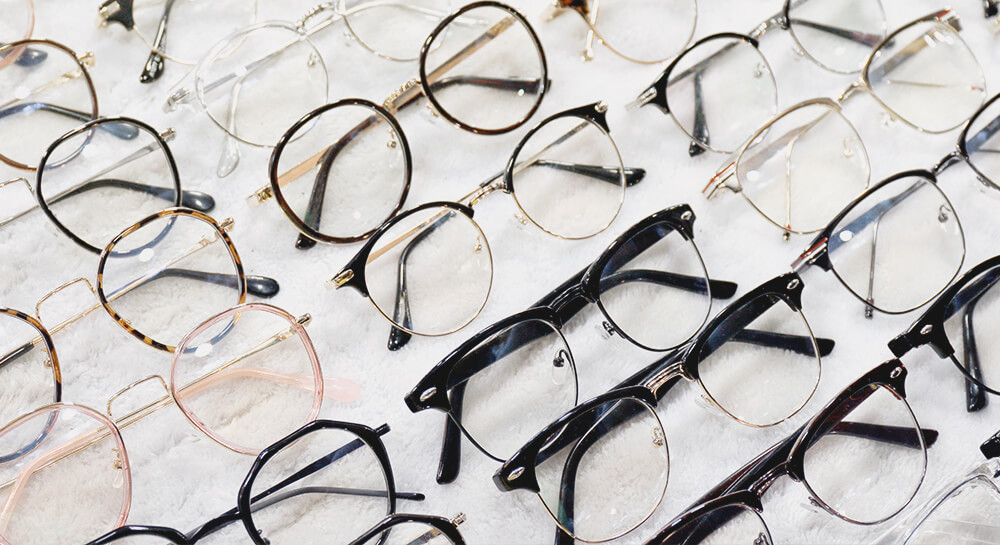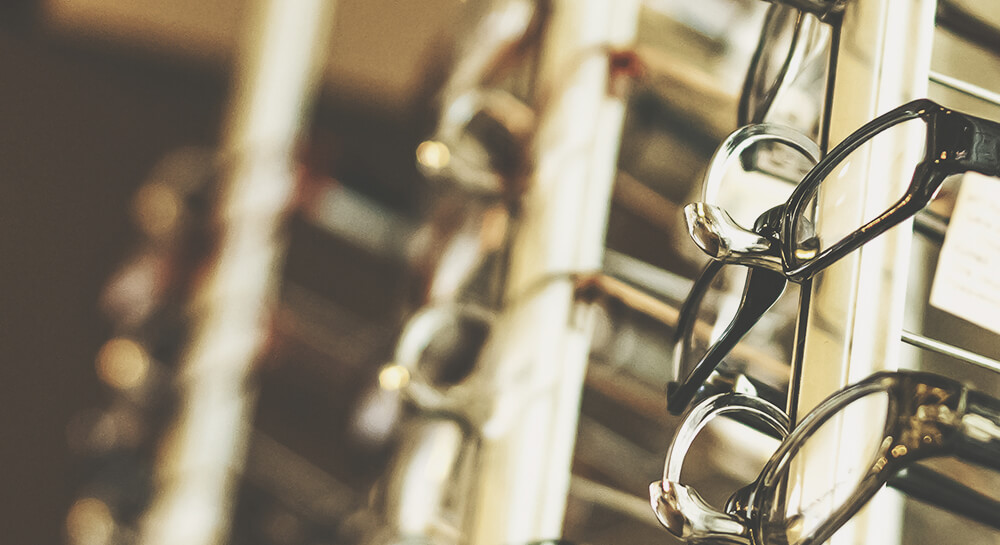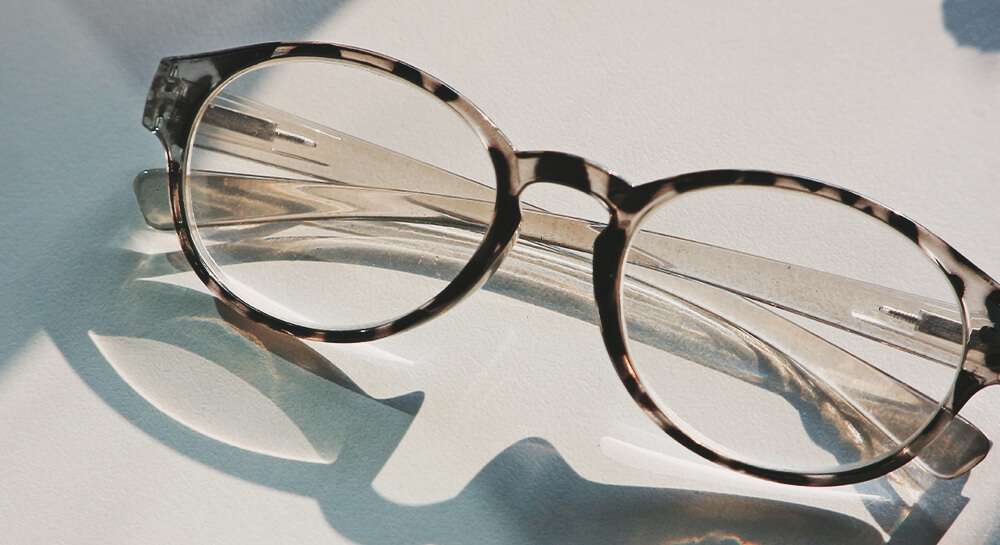What Is Eye Dilation?
Eye dilation involves using special eye drops to widen your pupils temporarily. This makes it easier for your doctor to examine the retina, optic nerve, and other crucial parts at the back of the eye. When the pupils are dilated, more light enters the eye, providing a clearer view of these structures, which helps in diagnosing potential problems that might be hidden under normal conditions.
By dilating the pupils, eye doctors can detect conditions such as glaucoma, diabetic retinopathy, macular degeneration, and even retinal detachment. Without pupil dilation, it’s more difficult to spot these signs and catch diseases before they progress.
Why Is Eye Dilation Important?
Dilation is vital for identifying serious eye diseases early, often before you experience any symptoms. For instance, dilation allows doctors to look for:
- Glaucoma: Early signs of optic nerve damage caused by increased eye pressure can be spotted through dilation.
- Diabetic Retinopathy: Diabetes can damage the retina’s blood vessels, and dilation helps detect these early changes.
- Macular Degeneration: Dilation offers a clearer view of the macula, helping detect deterioration that could affect your central vision.
- Retinal Detachment: Dilation makes it easier to see any tears or early signs of a detaching retina.
These conditions often don’t present noticeable symptoms until they are advanced, making regular dilated exams essential for early detection and treatment. This proactive step can prevent serious vision loss down the line.
How Do Eye Drops Dilate the Eyes?
To dilate your eyes, the doctor uses drops containing medications like tropicamide or phenylephrine. These chemicals temporarily relax the muscles that control your pupil size, causing them to widen. The drops typically take about 15 to 30 minutes to fully dilate your pupils, and the effects last several hours.
During this time, you may notice blurred vision and increased sensitivity to light. These effects are normal and wear off gradually, usually within 4 to 6 hours.
How Often Should You Have Your Eyes Dilated?
Eye dilation isn’t always required for every visit, but it’s recommended as part of your regular eye care, especially if you are at higher risk for certain conditions. Most eye doctors suggest having your eyes dilated every 1 to 2 years, depending on your age, health, and medical history.
You’re more likely to need dilation if:
- You’re over 60: Age-related eye conditions like macular degeneration are more likely to develop.
- You have diabetes or high blood pressure: Both can lead to complications in the retina.
- You’ve had eye problems before: If you’ve had previous eye issues, regular dilated exams are important to monitor any changes.
What to Expect After Eye Dilation
After dilation, your vision may be blurry, and you’ll be more sensitive to bright light. These effects are temporary but can last for several hours. It’s a good idea to bring sunglasses or ask for disposable sunglasses from the clinic to protect your eyes when you leave.
During this period, it’s recommended to avoid driving or doing tasks that require sharp vision. In most cases, your vision should return to normal within 4 to 6 hours, but some individuals may take longer to fully recover.
The Bottom Line
Eye dilation is an essential tool in helping doctors protect your vision. By allowing a deeper view of the retina and optic nerve, dilation can detect serious conditions like glaucoma, diabetic retinopathy, and macular degeneration. Even if it’s inconvenient, regular dilated eye exams are crucial for long-term eye health and early detection of issues before they cause significant damage.
Make sure to schedule your regular comprehensive eye exams and discuss with your doctor whether eye dilation is necessary based on your age, health, and medical history.






